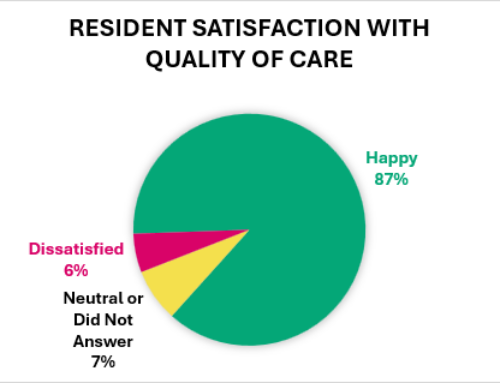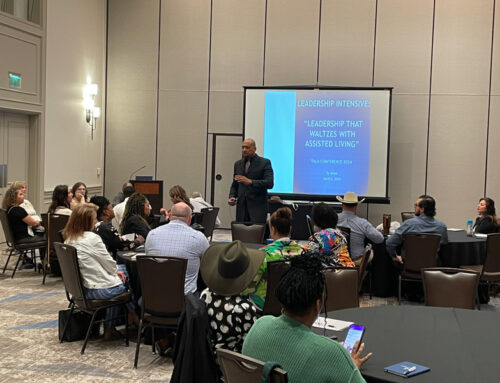Have you ever taken a moment to truly consider the profound impact of trauma on our dedicated caregivers? In the insightful research study, "The Influence of Mental Health and Personal Wellbeing in the Workplace," KARE and the National Association of Health Care Assistants (NAHCA) delve deep into this often-overlooked aspect of caregiving.[1]
The study surveyed 1,142 long-term care professionals to better understand the current state of the care force’s wellbeing in the workplace. Results shed light on the micro-traumas that individuals in caregiving roles encounter daily, such as resident deaths and workplace disputes, and the prevailing emphasis on individual resilience rather than systemic approaches to enhance workplace well-being. It also addresses critical questions such as whether the increase in burnout and turnover rates are due to the stressful nature of the healthcare industry, and whether caregivers are truly thriving or simply surviving post-pandemic.
Here are some key takeaways that I found incredibly eye-opening:
- Trauma is prevalent among caregivers: A significant number of respondents have experienced adverse childhood experiences (ACEs), with 34% having four or more ACEs, which is double the general population. ACEs can have long-lasting effects on physical and mental health and can make individuals more susceptible to stress-related health problems.
- The COVID-19 pandemic has left its mark: The pandemic has undoubtedly exacerbated the challenges faced by caregivers, with many reporting negative effects on their physical and mental health. Interestingly, the study found that those with high levels of ACEs reported a greater physical effect from the pandemic, while those with low levels of ACEs reported a greater mental health effect.
- Most caregivers feel safe and respected in the workplace: Despite the challenges they face, most caregivers reported feeling psychologically and interpersonally safe in their workplace. They also reported feeling a sense of community, inclusivity, and respect from their peers and management. This is encouraging news, as it suggests that many healthcare organizations are creating supportive work environments.
- There's a concerning gap in the well-being of nurses: While the overall findings were positive, there was a notable disparity in the experiences of registered nurses (RNs). RNs consistently reported lower levels of psychological safety, inclusivity, and recognition from management compared to other caregiver roles. This is a critical area for attention, as nurse retention is a pressing issue in the senior care industry.
I hope you, too, find these insights valuable as we collectively strive to create a more supportive and nurturing environment for our incredible caregivers. Additional information regarding demographics included in the study and tips are available in the publication cited below.
_____________
Rose Saenz, TALA Workforce Development Advisor
[1] KARE (2024). The Influence of Mental Health and Personal Wellbeing in the Workplace: Trauma and Resilience Part Two. doyoukare.com





